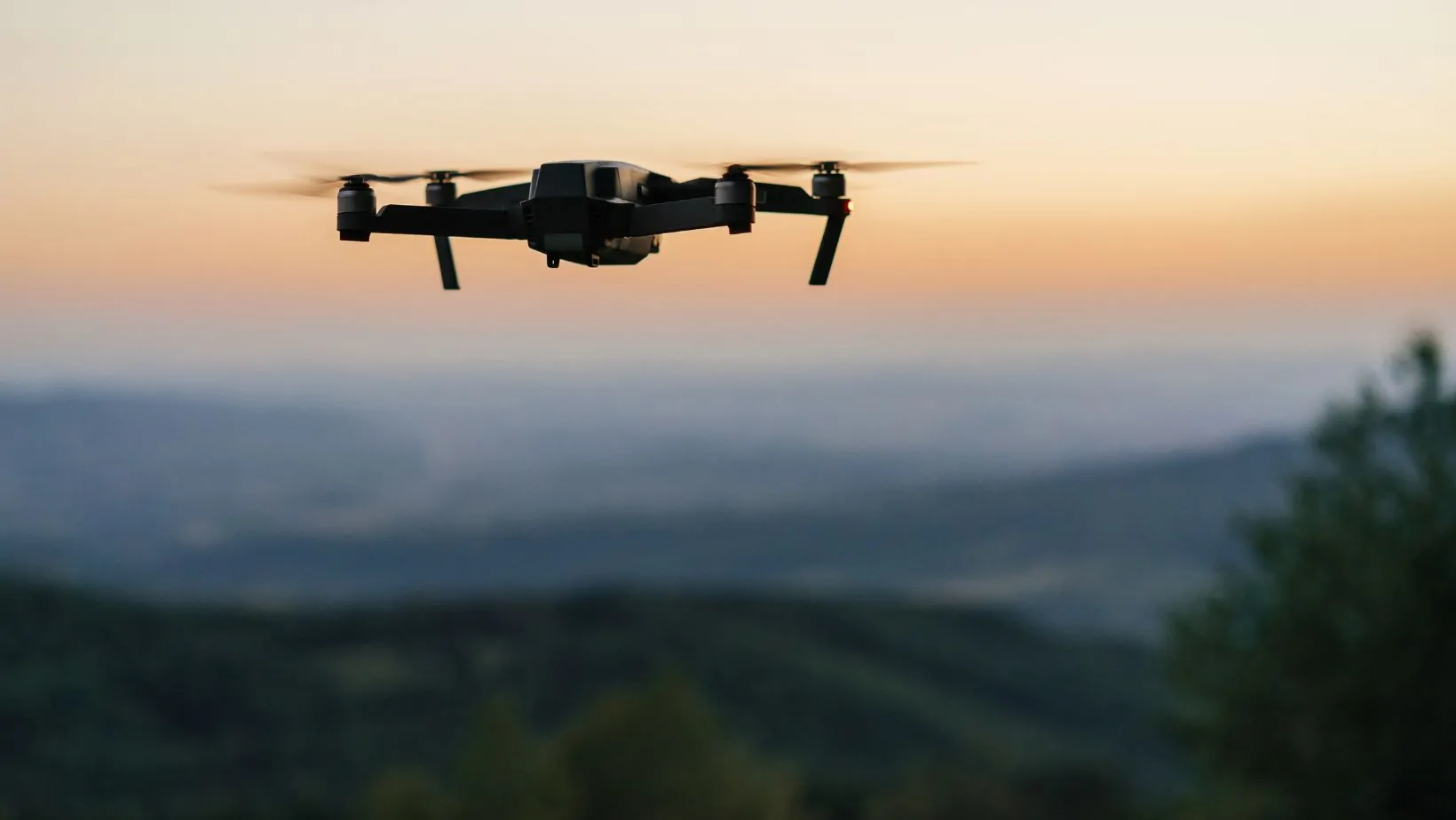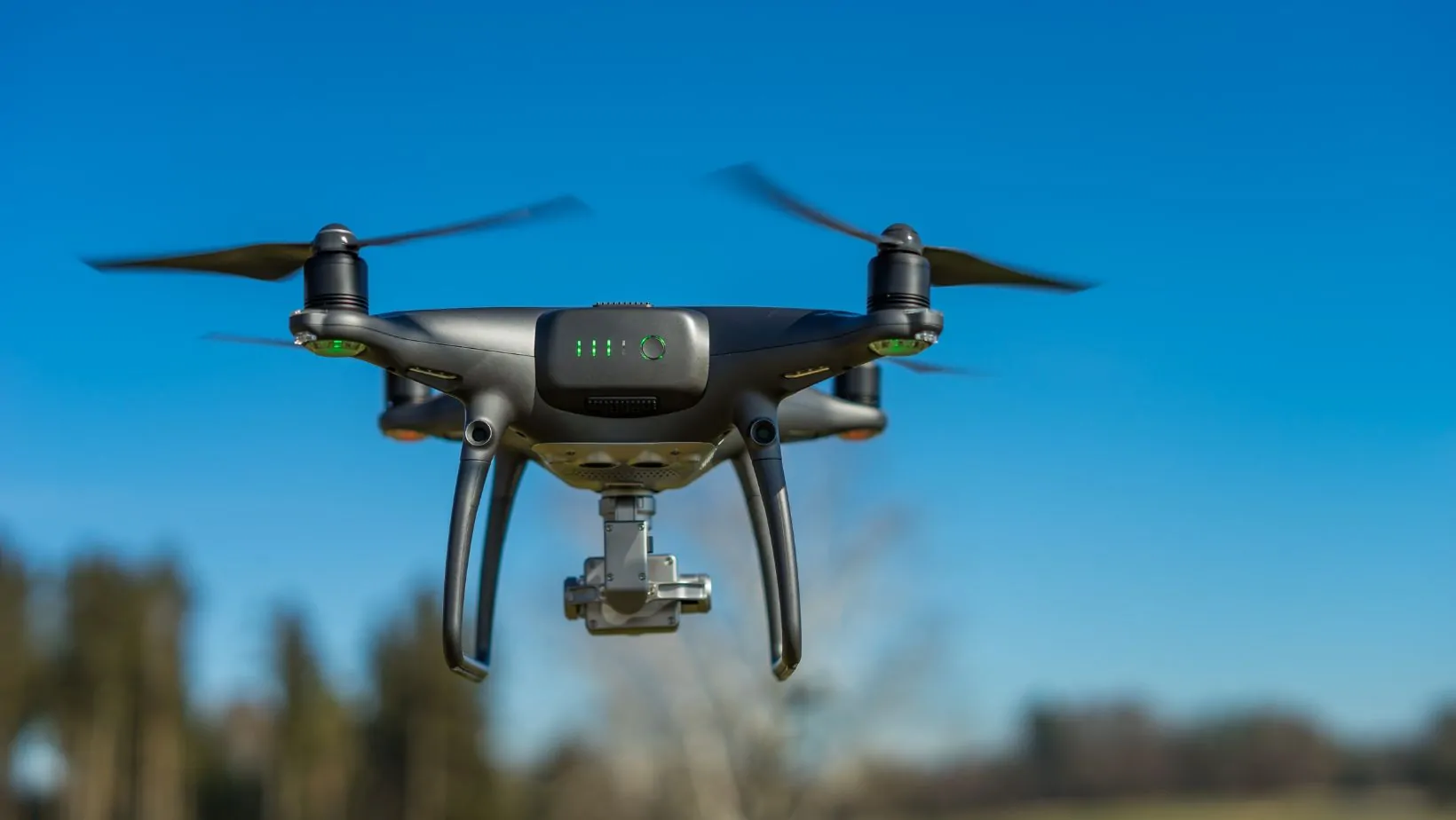
The use of drones in business is growing rapidly across various industries, offering new opportunities for efficiency, innovation, and even cost savings.
Whether you’re involved in real estate, agriculture, construction, or even marketing, drones can take your business to new heights—literally!
In this guide, we’ll break down some essential tips to help your business make the most of drone technology and avoid common pitfalls. From understanding regulations to maximizing drone performance, this article covers everything you need to know to succeed with drones in your business.
Let’s dive in!
Why Drones Are Game-Changers for Businesses
Drones are no longer just tech toys—they’re becoming essential tools in many industries. Thanks to advancements in drone technology, companies can now use them for tasks like surveying land, capturing stunning aerial footage, and even delivering products. For example, a drone videographer can create breathtaking visuals that were once impossible to achieve, showcasing landscapes or events from unique perspectives.
Here are some key industries where drones are making a big impact:
- Real Estate: Drones allow agents to showcase properties with breathtaking aerial views, making listings stand out.
- Agriculture: Farmers use drones to monitor crops, gather data, and improve efficiency.
- Construction: Drones provide real-time progress reports, inspections, and aerial site mapping.
- Marketing: Businesses use drones to capture unique marketing footage that boosts brand engagement.
Benefits of Drone Use for Business
- Cost-Effective Operations: Drones can significantly reduce the costs associated with inspections, surveys, and deliveries.
- Increased Efficiency: They save time on tasks like mapping large areas or taking overhead shots that would otherwise require helicopters or expensive equipment.
- Improved Accuracy: Drone technology offers precision in measurements and data collection, which is especially beneficial in industries like agriculture and construction.
- Enhanced Creativity: For marketing and video production, drones offer a fresh perspective, allowing businesses to create stunning visuals.
Essential Tips for Successful Drone Use in Business
Now that you understand the benefits, it’s time to explore some essential tips for integrating drones into your business. Following these guidelines will help ensure smooth and successful drone operations.
Know the Regulations
The first step in adopting drones for business use is understanding the legal requirements.

Depending on where you operate, there may be specific rules governing drone flights. In the United States, for example, the Federal Aviation Administration (FAA) has regulations for commercial drone use.
Some key regulations to consider include:
- Register your drone with the appropriate authorities.
- Ensure your drone pilot has a remote pilot certificate.
- Understand no-fly zones and airspace restrictions.
Violating these rules could lead to hefty fines and legal complications, so it’s important to stay compliant.
Choose the Right Drone for Your Needs
Not all drones are created equal! The type of drone you choose will depend on your specific business needs. Here are a few factors to consider when selecting the right drone:
- Camera Quality: For industries like real estate and marketing, high-resolution cameras are essential for capturing clear, detailed footage.
- Flight Time: Some drones have longer battery life, which is crucial for surveying large areas or conducting long inspections.
- Durability: If your business involves rugged environments like construction sites or farmland, choose a durable drone that can handle tough conditions.
Here’s a quick comparison of different drone types:
| Type of Drone | Best For | Key Features |
| Consumer Drones | Real estate, marketing, casual use | High-resolution cameras, user-friendly |
| Commercial Drones | Agriculture, construction, inspections | Long flight times, durability, data tools |
| Industrial Drones | Mining, surveying, infrastructure | Advanced sensors, heavy-lift capabilities |
Train Your Drone Operators
Flying a drone for business purposes isn’t the same as flying a drone for fun. To maximize the effectiveness of your drone program, your drone operators need proper training. Ensure that your team:
- Understands the basic principles of flight.
- Can navigate and control drones efficiently.
- Knows how to use relevant software for data analysis or video editing.
Consider sending your employees to formal drone training programs or working with a certified drone pilot to avoid operational hiccups.
Develop a Clear Drone Strategy
Using drones effectively in your business requires a solid plan. Define clear objectives for what you hope to achieve with drone technology. This might include:
- Improving worksite safety by using drones for inspections.
- Reducing delivery times with drone-based product shipments.
- Gathering more detailed data in agricultural surveys.
By setting clear goals, you can measure the success of your drone program and make informed decisions about future investments.
Focus on Safety
Safety should always be a priority when using drones in your business. Drones, if misused, can cause accidents, property damage, or even legal issues. To maintain safety, always:
- Conduct pre-flight checks to ensure your drone is in good working condition.
- Fly in clear weather and avoid strong winds or rain.
- Ensure that all drone flights are conducted within visual line of sight unless special permissions are obtained.
Common Challenges and How to Overcome Them
While using drones offers numerous benefits, it also comes with some challenges. Here are a few common issues businesses face and how to address them:
Battery Life and Flight Time
Many drones have limited flight times, usually ranging from 20 to 30 minutes. This can be a problem for businesses that need to cover large areas or work for extended periods.

Solution: Invest in drones with longer battery life or purchase extra batteries and charging stations to keep operations running smoothly.
Data Management
Drones can collect vast amounts of data, which can be overwhelming if not properly managed.
Solution: Use data management software to organize and analyze the information collected during flights. This is especially important for businesses that rely on drone data for decision-making, such as in agriculture or construction.
Legal Compliance
Navigating the complex landscape of drone regulations can be challenging, especially for businesses that operate in multiple locations.
Solution: Stay informed about local and national drone laws. Consider hiring a compliance officer or working with a legal expert to ensure your business stays on the right side of the law.
Conclusion
Drones are transforming the way businesses operate, offering exciting opportunities for innovation and efficiency. By following the essential tips outlined in this article, you can successfully integrate drones into your operations, maximize their potential, and avoid common pitfalls.
With the right strategy, training, and tools, drones can be a valuable asset for your business, helping you stay ahead of the competition and meet your goals more effectively. So, what are you waiting for? It’s time to get your business flying high with drone technology!















